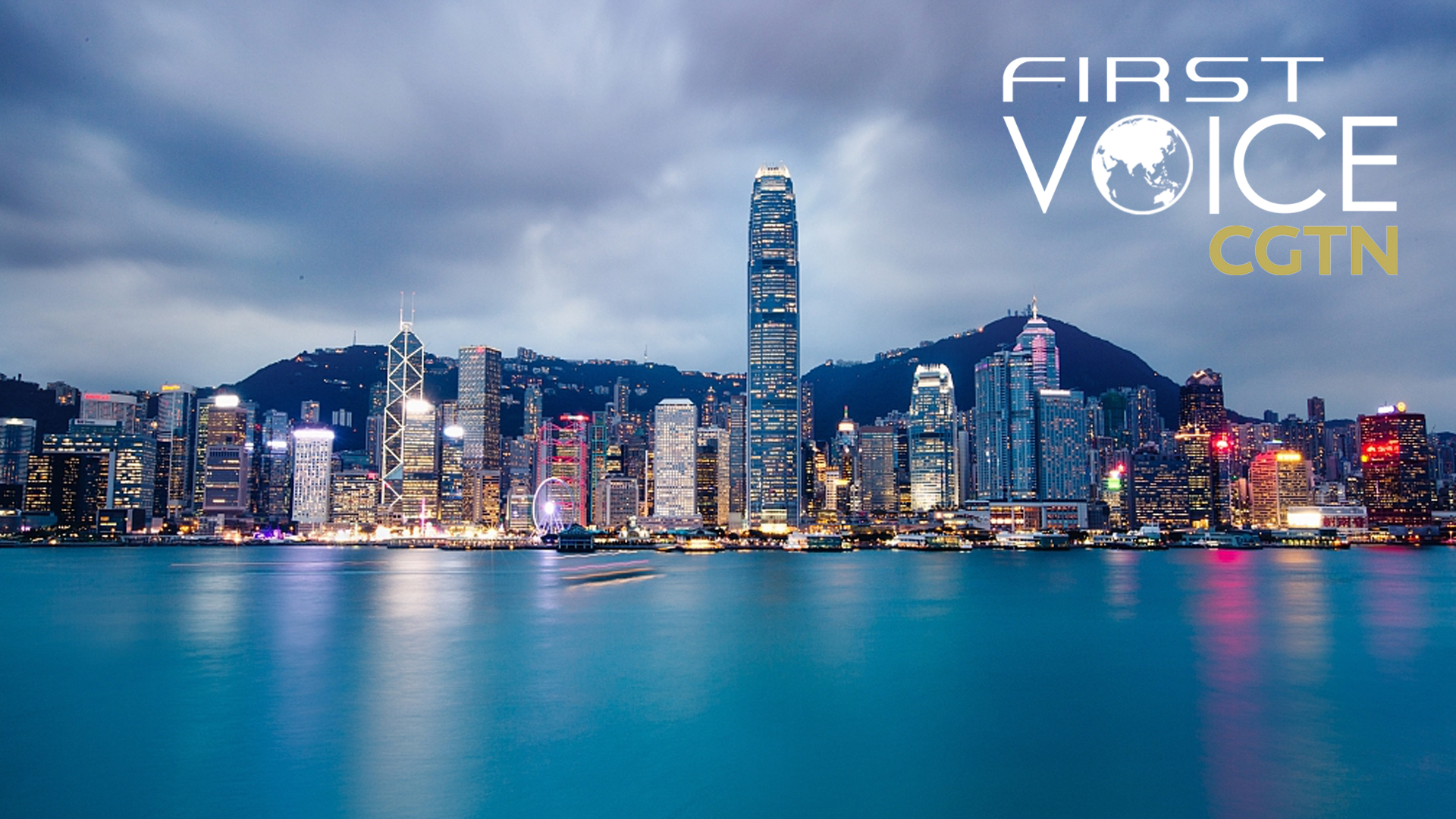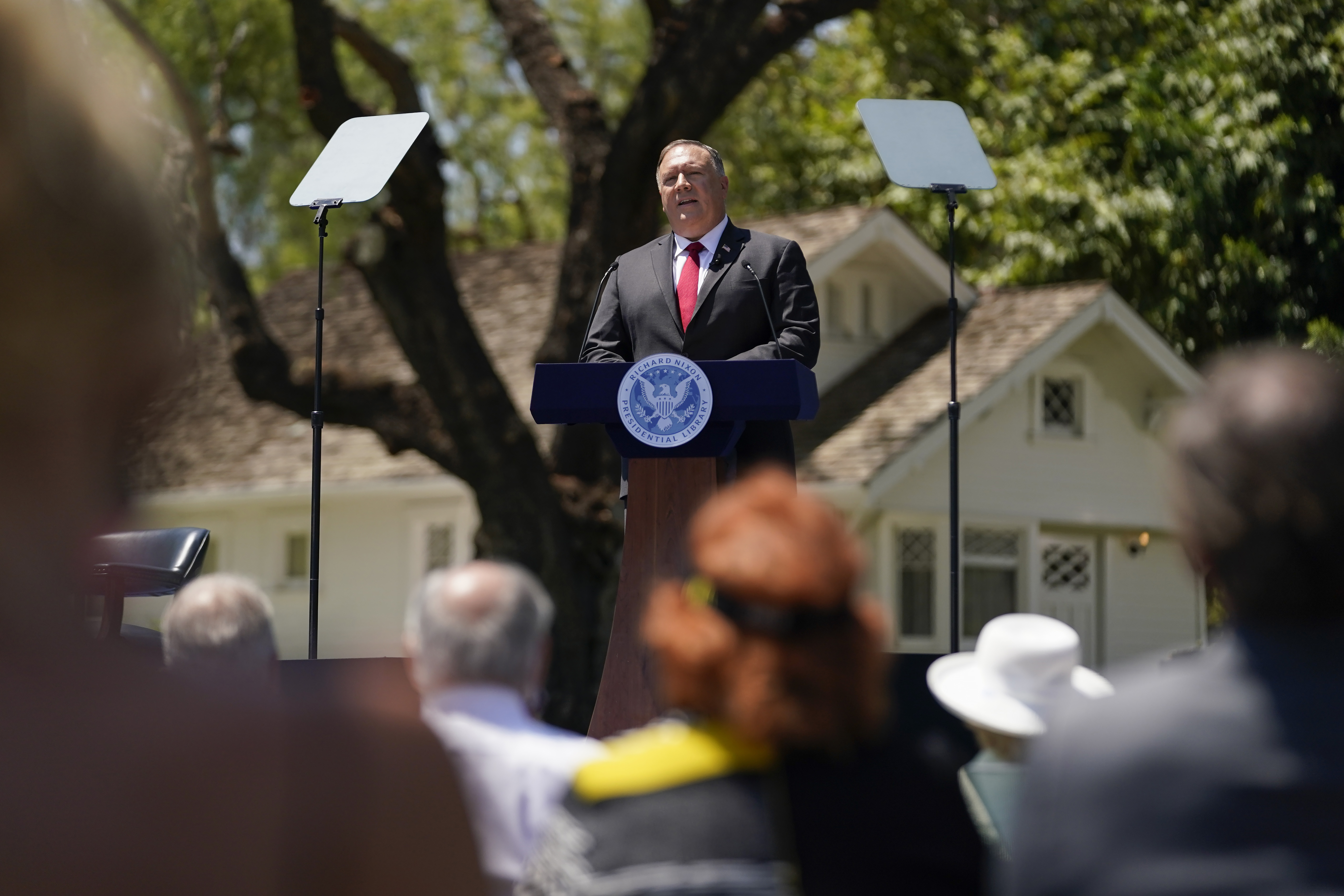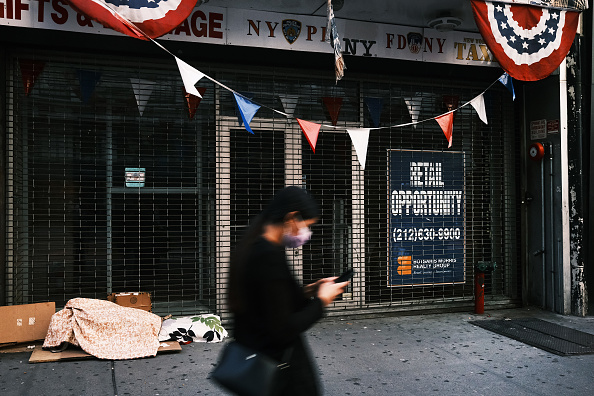
Editor's note: CGTN's First Voice provides instant commentary on breaking stories. The daily column clarifies emerging issues and better defines the news agenda, offering a Chinese perspective on the latest global events.
A lot of countries seem to want to have a say in how to run the "One Country, Two Systems" governance structure. On November 18, the "Five Eyes alliance" criticized China's new rule of disqualifying Hong Kong's Legislative Council members who endanger national security, support "Hong Kong independence" or seek foreign meddling in Hong Kong affairs. Four members were disqualified as soon as a rule was adopted.
"We urge the Chinese central authorities to re-consider their actions against Hong Kong's elected legislature and immediately reinstate the Legislative Council members," the foreign ministers from the five countries said in a statement.
Whether it is at the behest of the United States or out of a sense of false-placed moral urgency, the Five Eyes are wandering too far. The intelligence alliance originally designed for information sharing has morphed into a political organization with a zealous focus on countering the perceived "China threat".
That energy should really be spent on themselves. When it comes to politics, the U.S. might not be the role model to follow, not at this moment. Its ideological-driven Secretary of State's record on China resembles more of a Cold War mentality rather than modern thinking. And he has ignited a furor of criticism against himself when discussing the election result and forced to walk back his comments, leaving the diplomats within the State Department disgusted and angered, according to CNN's report.

Secretary of State Mike Pompeo speaks at Richard Nixon Presidential Library, in Yorba Linda, California, July 23, 2020. /AP
Secretary of State Mike Pompeo speaks at Richard Nixon Presidential Library, in Yorba Linda, California, July 23, 2020. /AP
What are "freedom" and "democracy" if people are dropping dead or falling sick one after another? And are these ideals even valid when the citizens are suffering differential treatments? In The Economist's latest publication, it is reported that a black man is about four times more likely to die from COVID-19 than a similar-aged white man in the UK. In New York, black and Hispanic kids are twice more likely to lose a parent or caregiver to the pandemic than other races.
While they are staring at China, their own people suffered. After an entire 2020 spent on dealing with the global pandemic, some of Five Eyes members are still failing at containing it. In the UK, the government ordered a second lockdown of the country in the hope of stopping the rampaging spread. For the past week, U.S. has, yet again, broken records on COVID-19 infections.
The latest update saw U.S. daily case numbers topping 170,000, with more than 251,000 deaths. And with Thanksgiving approaches, the U.S. Center for Disease Control and Prevention pleaded Americans to not travel for a holiday and not spend the leisure time with people from outside their household.

A closed business in New York City, October 15, 2020. /Getty
A closed business in New York City, October 15, 2020. /Getty
The thing is, "One Country, Two Systems" begins with "One Country," not "China-plus-many-other Countries". China solely holds sovereign authority over Hong Kong, and Hong Kong has the constitutional duty to protect China's sovereignty and security. Anyone who poses a threat to China would be dealt with in accordance with the law. The country's legislative body doesn't tolerate its member sabotaging its duty from within, neither does the Special Administrative Region's.
The "Five Eyes alliance" likes to interfere in Hong Kong affairs. Admittedly, part of it might arise from several members' historical relationships with the region and each other. Four of its participants – Australia, Canada, New Zealand, and even the U.S. – had a political history that is intertwined with the other member – the UK. Hong Kong did too, it had been a British colony for well over a century. And after China passed the national security law earlier this year, the UK felt so obligated to take the "threatened" Hong Kong residents under its wings that the UK government offered 3 million Hong Kong residents visa relaxation and a path to UK citizenship.
There's a degree to which China can tolerate this nostalgic and bygone kinship, and it doesn't include been nagged for imposing measures that protect itself. Given the situations, this intelligence-sharing-turned-political alliance should really get their own house in order before gazing upon others.
No one, no organization and no country would respect rhetoric from someone who talks the talk but doesn't walk the walk. And Hong Kong is neither under their jurisdiction nor within their power to influence. How China conducts its internal policies is China's business. It's time for the "five eyes" to stop wandering and take a hard look at themselves.
Scriptwriter: Huang Jiyuan
(If you want to contribute and have specific expertise, please contact us at opinions@cgtn.com.)

